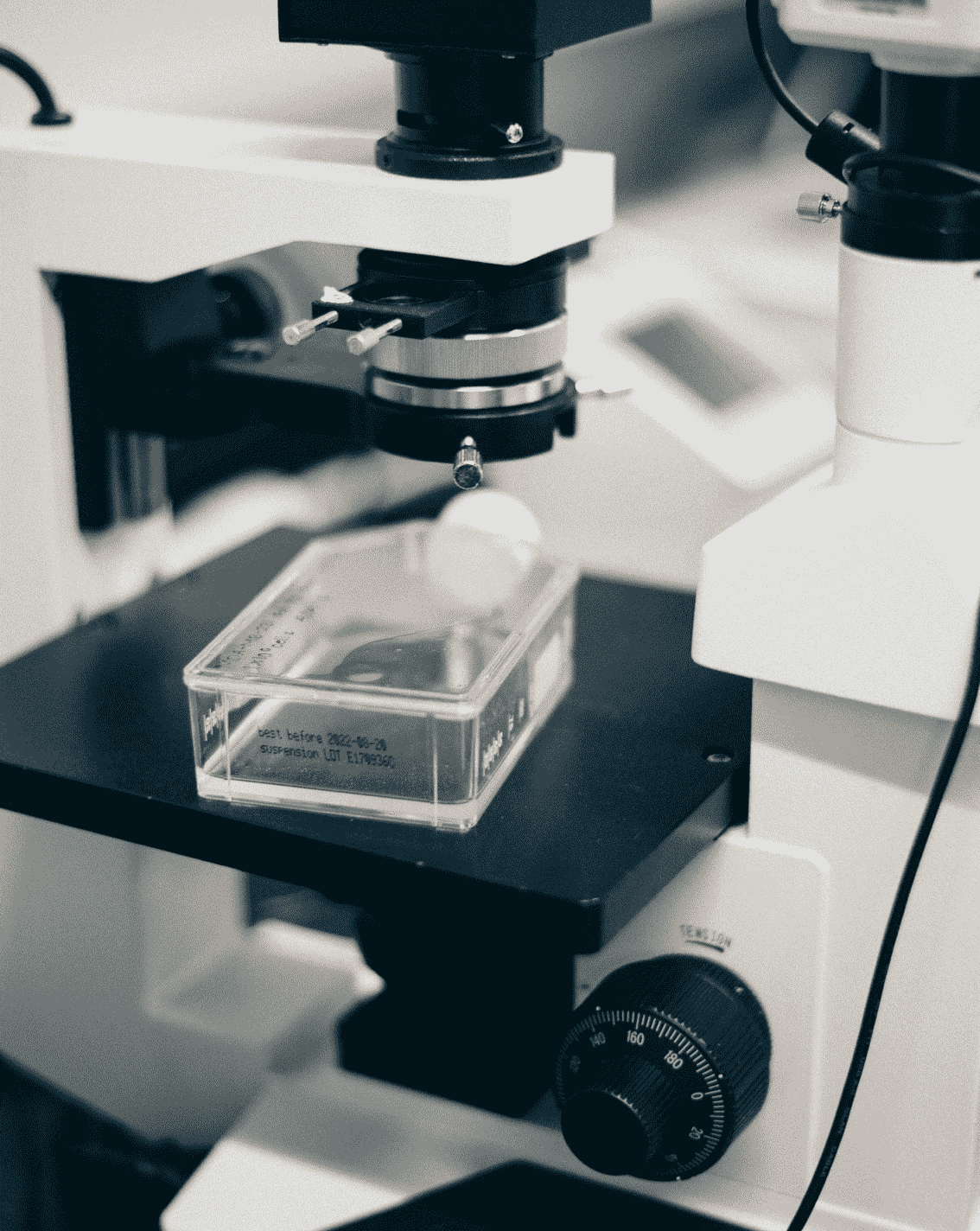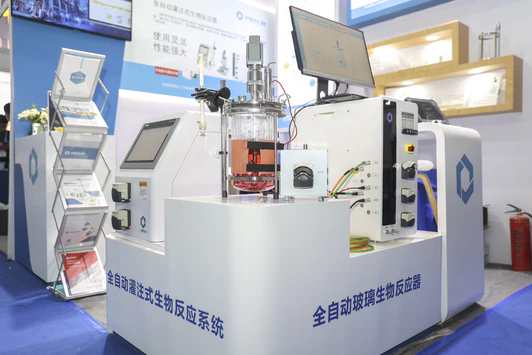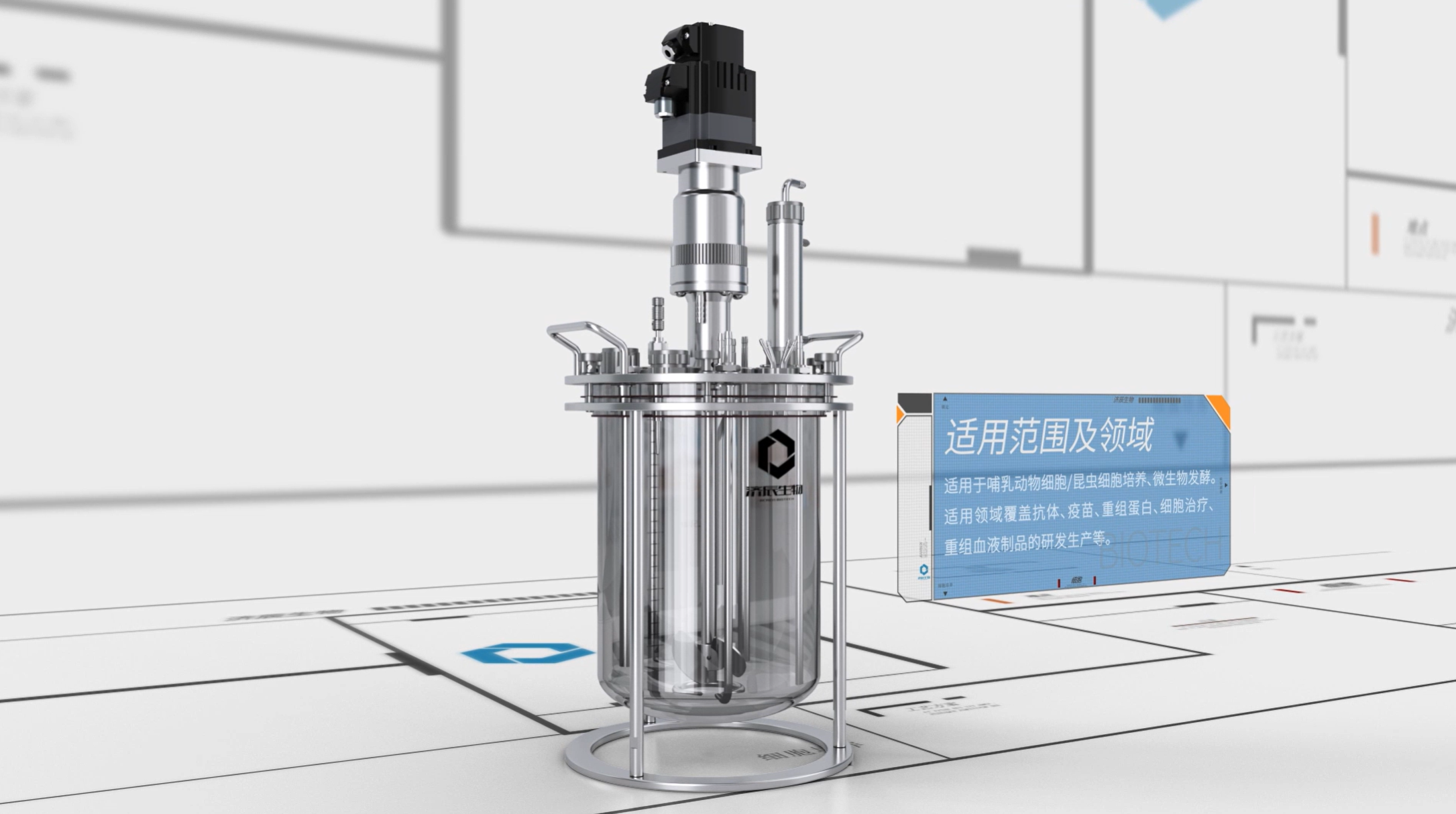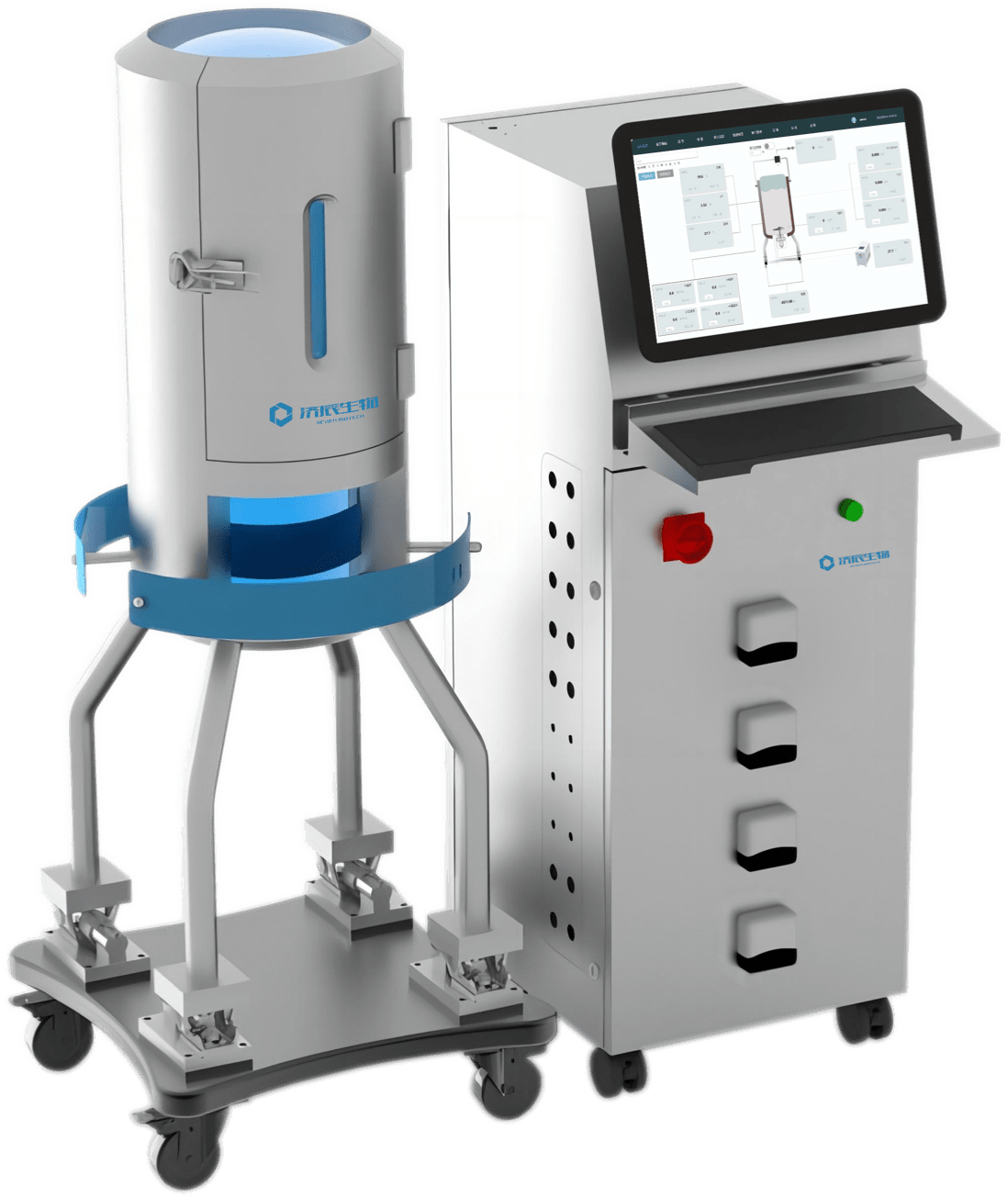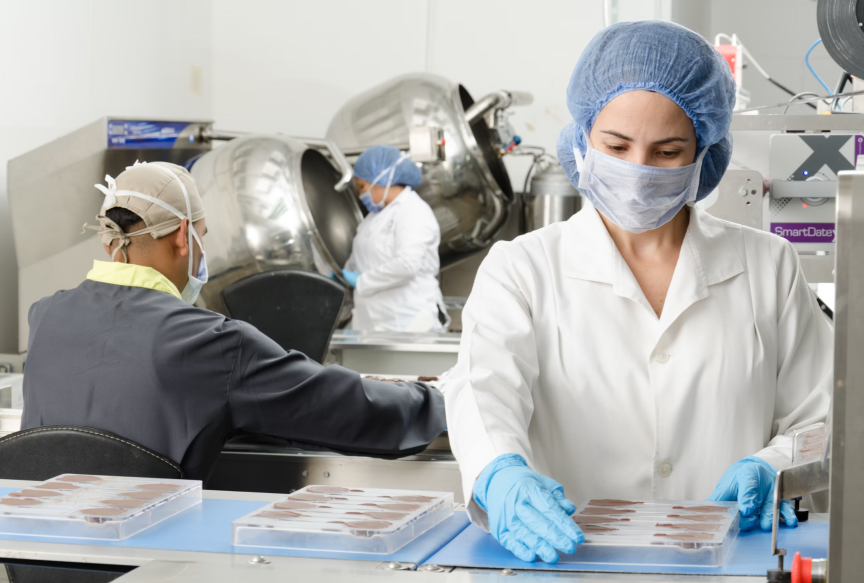Bioreactors play a key role in the biopharmaceutical industry, enabling the production of a wide range of therapeutic proteins, vaccines and other bioactive compounds. The main goal of a bioreactor is to create an optimal environment to support the growth, replication, and production of desired products in biological systems. In this article, we will take an in-depth look at the importance of bioreactors in the biopharmaceutical industry, their fundamentals, and recent advances in bioreactor technology.
Objectives of a bioreactor
Creating an optimal growth environment
The primary goal of a bioreactor is to create an environment that mimics the natural conditions required for cell growth and normal function. This involves controlling various parameters such as temperature, pH, dissolved oxygen and nutrient supply. By maintaining these conditions, the bioreactor ensures high cell density and productivity for efficient production of bioactive compounds.
Improvement of product yields and purity
Bioreactors are designed to optimize the production process, thereby increase yield and product purity. By manipulating process parameters and using advanced control strategies, cell-specific productivity can be enhanced, thereby increasing overall product concentration. In addition, the bioreactor is capable of removing by-products and non-targeted substances, thereby increasing the purity of the final product.
Scaling up and commercialization
Another key goal of bioreactors is to facilitate the scaling up of bioprocesses from laboratory scale to industrial scale. This involves designing bioreactors that can be easily scaled up while maintaining the desired product quality and yield. Successful scale-up ensures the commercial viability of biopharmaceutical production, enabling it to reach a wider patient population.
Bioreactors in the biopharmaceutical industry
- Therapeutic protein Production
Bioreactors are widely used for the production of therapeutic proteins such as monoclonal antibodies, interferons and growth factors. These proteins are produced from genetically engineered mammalian cells that are cultured in bioreactors. Bioreactors provide an environment that supports high cell density and protein production, making the production of these life-saving drugs cost-effective.
- Vaccine production
Bioreactors are also critical for vaccine production, including vaccines for influenza, COVID-19, and other infectious diseases. By culturing virus-infected cells or recombinant cells expressing viral antigens, bioreactors make large-scale production of vaccines possible. The controlled environment in a bioreactor ensures the safety and efficacy of the vaccine product.
- Cell therapy and regenerative medicine
Bioreactors are increasingly being used for cell therapy and regenerative medicine applications. These bioreactors provide a controlled environment for the expansion and differentiation of stem cells, which can be used to treat a variety of diseases, such as cardiovascular diseases, neurological disorders, and diabetes.
Advances in bioreactor technology
- Disposable bioreactors
Disposable bioreactors are used in the field of biomedicine by providing a more economical and flexible alternative to traditional stainless steel systems, revolutionizing the biopharmaceutical industry. These bioreactors are disposable, eliminating the need for cleaning and validation and reducing the risk of cross-contamination.
- Online monitoring and control systems
Advanced monitoring and control systems, such as spectroscopy, flow cytometry, and pH sensors, allow for the real-time monitoring of critical process parameters. This enables precise control of the bioreactor environment, resulting in improved process performance and product quality.
- Automation and Artificial Intelligence
Automation and the integration of Artificial Intelligence (AI) in a bioreactor system is another major advancement.AI algorithms can analyze large data sets and optimize process parameters, resulting in increased productivity and reduced operating costs.
In summary, the goal of the bioreactor in the biopharmaceutical industry is to create an optimal environment for the production of therapeutic proteins, vaccines, and other biologically active compounds by biological systems. By achieving high yields, purity, and scalability, bioreactors play a key role in making biopharmaceuticals accessible to patients worldwide. As bioreactor technology continues to advance, the biopharmaceutical industry is expected to continue to provide innovative treatments for a wide range of diseases.
